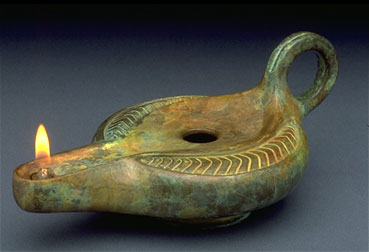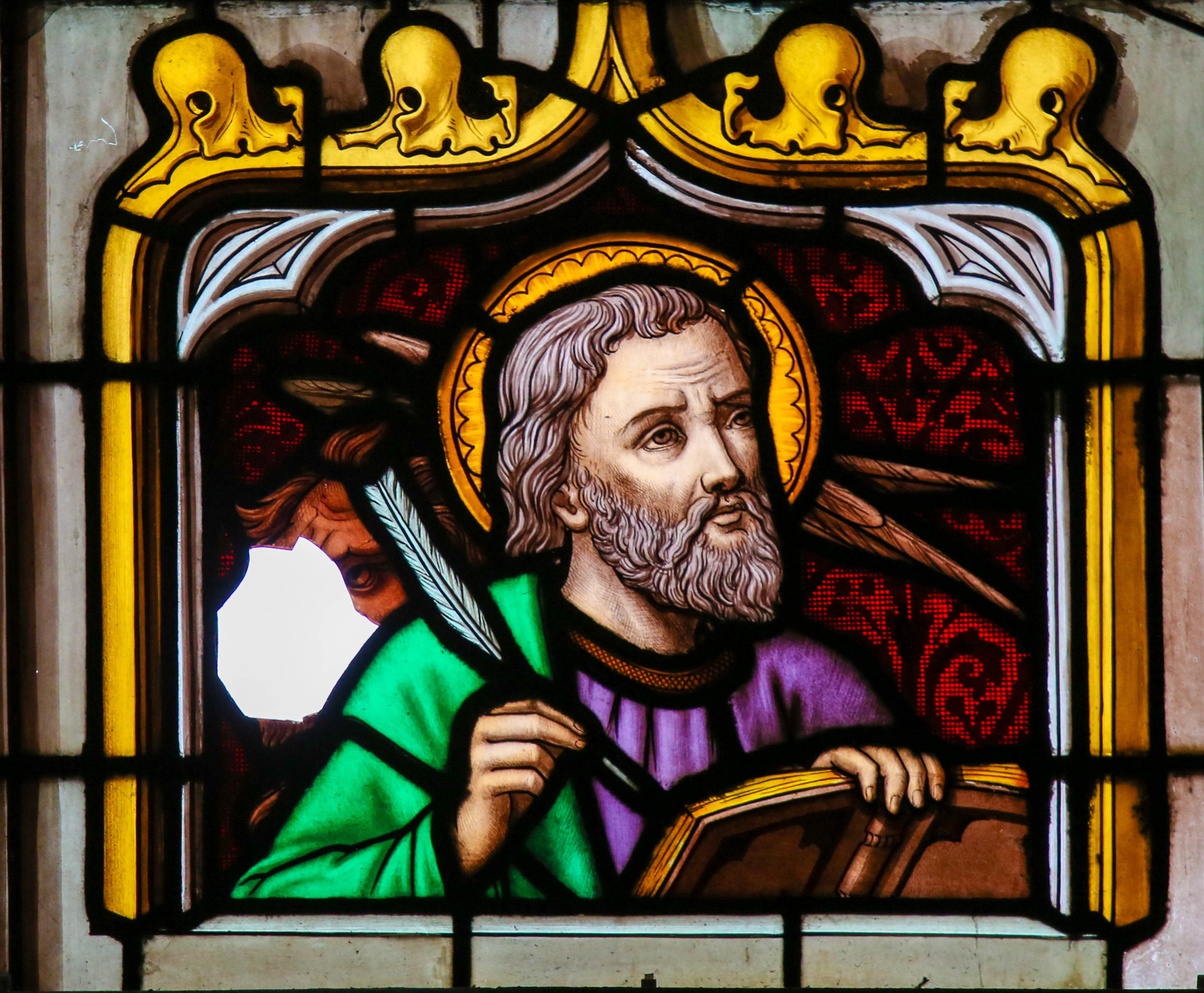Today’s reading is John 4 where we read about Jesus interacting with the woman at the well and also Him healing an official’s son. We will focus on the woman at the well.
There are so many interesting facets about Jesus’ interacting with the woman including that she was a Samaritan (Jews and Samaritans did not like each other) and that fact the a man in Jesus was interacting with a woman He didn’t know, even a surprise to His disciples (John 4:27, which was also counter-cultural in that time. However, I would like to focus on the woman and her actions after she met Jesus.
The woman left the well without taking her water, the whole reason she was there (John 4:28), to head back to town and tell everyone about the man she met, Jesus, and how He might be the Messiah. We don’t know how close the town was but being they were the only 2 there, probably not close, yet she wasn’t worried about the water. She wasn’t worried about the man she was living with, not her husband after having five others (John 4:17-18), being upset about her coming back with no water. She spread the news about Jesus in the town (John 4:28-29) without thinking about the fact people may not believe her because she was a woman, and she might be labeled as crazy as well since her past relationship history meant she probably wasn’t the most respected.
Despite all this, people believed her and went to meet and spend time with Jesus as well (John 4:39-41). They then ended up saying they believed not because of her witness alone, but what they saw and heard themselves from Jesus firsthand (John 4:42).
We can learn so much from this story. How many times am I so worried about my “water” that I don’t take time to spread the good news of Jesus? I’m too busy to even notice those I’m interacting with who need to hear about Jesus and what He’s done for me and all of mankind. Or, I do think about the fact that I should share the Gospel, but I’m in too much of a hurry right then to take the time. Other times, I’m not even worried about the time that conversation will take but if it’s someone I know and see more often, I’m worried about the time investment of future conversations to follow up with them and to continue to come alongside them in their walk. How selfish of me and how much you can see Satan at work in this in distracting us from the most important thing which is this person’s discovery of Jesus’ unconditional love and their eternal destination of Heaven through their belief and His saving grace. And while yes, sometimes future conversations and investment of time and energy are helpful to help foster a relationship with Jesus, how arrogant of me to think that it’s me who is going to and needed to help them believe or continue to believe. It will not be me that will help them believe, it will be the Holy Spirit who waters and nurtures the seed that I may plant. They will see for themselves who Jesus is and what He’s doing in their lives with what happens after. We read here the people saying they then believe not because of what the woman said, but because of what they saw for themselves after (John 4:41-42).
Let us all pray today that as we interact with strangers or those we may know well, we forget about our water and all the perceived watering needed after and spread the good news of Jesus and His saving grace.
As Jerry McCorkle, founder of Spread Truth Ministries says so often and correctly, “You never know the power of one conversation.”

